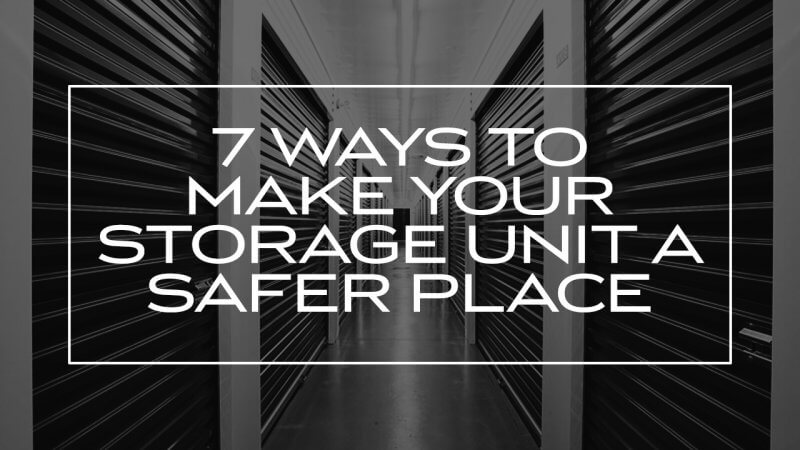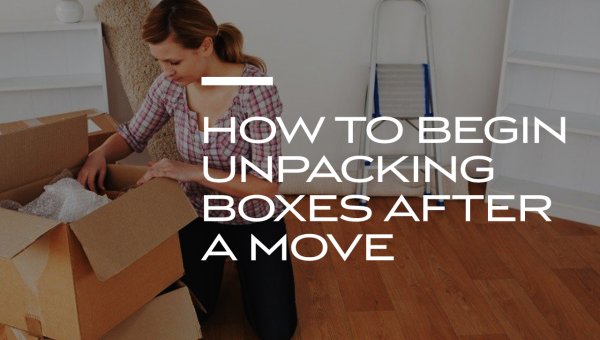The purpose of using a storage unit during your relocation is to keep your possessions safe. Below are some tips from moving and storage companies in Baltimore to help assure you achieve that goal.
1. Get the Right Lock
Although most units have security guards and cameras, a solid lock is the real first line of defense. If the facility does not provide a high quality padlock, you might want to consider purchasing your own. Locate an all-weather padlock that has a short arm to ensure a bolt cutter cannot slide its way in and snip your lock.
2. Buy Storage Insurance
Since people know that valuables can be found in storage units, eventually, someone might attempt to take them. That’s why storage insurance exists. Ask your insurance provider about it. Many storage unit centers also offer their own insurance plans. Before you decide how you will insure your merchandise, think carefully about the potential hazards that could happen, and what you need to be protected against. Are you storing something that is irreplaceable? These questions will help you decide what’s right for you.
3. Don’t Forget to Protect the Unit Interior
Even though you care most about protecting what’s kept in the space, you don’t want anything to happen to the actual unit either. Damage to the unit during your tenancy could result in a fine from the storage facility. For example, if you rent one to use for art supplies or other potentially messy liquids, be sure to lay down protective plastic on the walls and floors to grab glue or paint drips.
4. Stack Well
You may surprise yourself at how much you can fit in even a tight storage unit. Maximize the stability by stacking your boxes from heaviest on the bottom to lighter boxes and objects up high. If needed, use plywood to lay across boxes for extra stability.
5. Elevate Your Items
Keeping your items off the floor is essential. It might sound absurd, but before renting your unit, there’s no way to guarantee that rain or melted snow won’t seep in under the door and ruin your furniture. The most common way to do elevate your items is by putting your belongings on pallets.
6. Consider the Temperature
While this may not be a problem in certain areas of the country, there are some items that don’t survive well in the cold or the heat and should be well insulated or double wrapped or simply not stored. For example, vinyl records, electronics, and old photographs don’t fare well when not stored properly.
7. Prepare for Ice
Most outdoor storage units are built so water drains away from doorways and to one central location. However, drainage systems sometimes fail. A lot of times the undrained water will freeze, creating a big ice patch right outside the door of your unit, which can make it tough to access your stored items safely. Bringing a slab of plywood, litter box filler, or sand can give the ground more friction and make it easier to stay on your feet.



